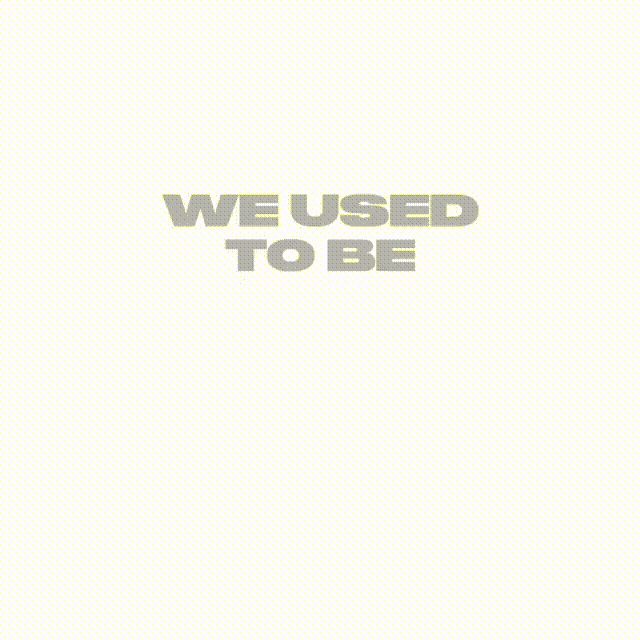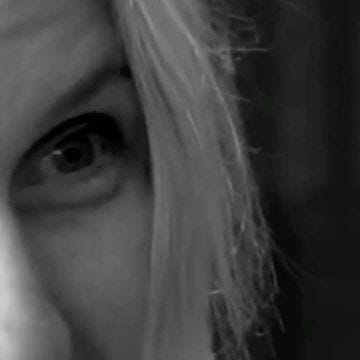Creativity: Madness or Method?
Exploring what it means to be creative and how to get better at it
A while back, I applied for a scholarship for the Creative Academy or Brand Marketers Academy at Cannes Lions 2024 – for a chance to join people from across the globe who are under 30 years of age, for an unmatched learning and networking experience at the heart of the global creative community. Part of the application process included a 250-word essay on why creativity was important to me.
Now, while that may seem a difficult question, it's one that I had always thought was obvious. Creativity is important because it helps solve tough problems, right?
But my immediate answer had a couple of problems;
It was nowhere near 250 words.
It seemed to barely graze what creativity was, relegating it to a functional component (which, while important, is not what I love about creativity)
Most of the time, when people speak about creativity, it usually has nothing to do with solving a ‘problem’
So, in these next few paragraphs (that are definitely more than 250 words) I’ll show you what creativity means to me, dive into what some great minds have said about creativity and if you stick around to the end, you’ll get to witness a video submission I put together for my application.
Defining Creativity
Rick Rubin, a world-renowned American record producer, music executive and (recently) author, views creativity primarily as a collaborative act. We can boil down his definition as less about individual traits and more about tapping into a fundamental human force that transcends ego and intellect. He describes it as a natural flow of energy, similar to growth in nature, that anyone can access through the right approach.
Mihaly Csikszentmihalyi, a Hungarian-American psychologist, pioneered the concept of "flow," the state of optimal experience in creativity and productivity. He focused on the experience of being creative, rather than the individual traits or external factors involved. His central definition states that creativity is the "interaction of person, field, and domain that produces a novel and valuable outcome."
So, these two definitions basically say creativity is about birthing something fresh, be it a problem-solving punchline, a gadget that tickles the future, or some artsy thing that breaks the mould. Academic speak for "making cool new stuff."
I’ll take a slightly different approach though.
Creativity, to me, is the lens through which I perceive and engage with the world. It's not merely a concept; it's the energy that can turn the routine into a revelation. It's what made the iPod not another MP3 player, but 1000 songs in your pocket.
Growing up in the diverse cultural landscape of Kenya, I learned early on that creativity is not a luxury but a necessity – a tool to navigate complexities and give voice to the unspoken. It’s how you get yourself out of a sticky situation with ‘kanjo’.
In my career, I've used creativity to shape impactful campaigns like Bohten eyewear's "We See You" rebrand, which made a black-owned business a champion for equity and visibility at the height of the Black Lives Matter movement.
Creativity, for me, is important because it turns challenges into opportunities, unlocking novel solutions to seemingly insurmountable problems. It's the bridge that connects imagination with innovation, reshaping the landscape of possibilities.
Does Creativity Matter?
Resoundingly, yes! Creativity matters.
Ethan Hawke tells us that it is a vital part of the human experience because it brings into the ‘real’ world our emotions, helping us connect with each other and ourselves. It is as part of human expression as written language is.
Outside the professional realm, creativity is a language that transcends borders. It's the universal dialect that fosters connection and understanding. In the tapestry of human expression, creativity is the thread that weaves stories, emotions, and experiences into a shared narrative. It is why we all love great films, music and art even when we are not from the same culture.
Creativity, in its purest form, is the heartbeat of progress. It propels us forward, urging us to question, explore, and redefine. For me, creativity is not a pursuit; it's a way of being, an intrinsic part of my identity that shapes how I approach challenges.
Living a creative life
Well, then I guess it follows that to be creative, you must lead or live a creative life; you can no longer be consistently comfortable. You must seek the challenge, even if it is in thought. You must contort yourself to view even the ordinary and so-called mundane from several different angles. You have to look beyond what is presented and view what lies behind it. And for this, you must look beyond recognition and fame. I think some of the most avant-garde people are seldom recognized for their genius by the masses. Jony Ive, Deiter Rams, Kogonanda, and Nikola Tesla are some of the examples of people who live(d) a creative life and often do not look for recognition (especially beyond their fields).
One way to unlock your creative potential is to actively seek out the unusual and unexpected. This could mean exploring new neighbourhoods in your city, trying a cuisine you've never tasted, or even just striking up a conversation with a stranger. The key is to expose yourself to new stimuli and perspectives, which can spark unexpected connections and ideas in your own mind. Don't be afraid to experiment with different hobbies or interests – you never know what might ignite a passion or uncover a hidden talent.
Another strategy is to cultivate a sense of playfulness and curiosity. Allow yourself to daydream, ask silly questions, and approach problems with a childlike sense of wonder. Creativity thrives in an environment where there are no wrong answers, so give yourself permission to make mistakes and learn from them. Surround yourself with inspiring objects and images, whether it's art, music, or nature. And don't forget to create a space where you can let your imagination run wild, whether it's a dedicated art studio or simply a cozy nook where you can journal and brainstorm.
And for what you’ve been waiting for
So, having read through that here is my entry to Cannes.








